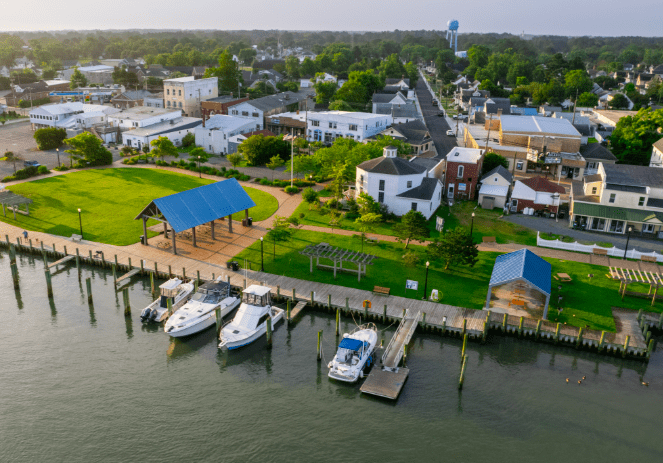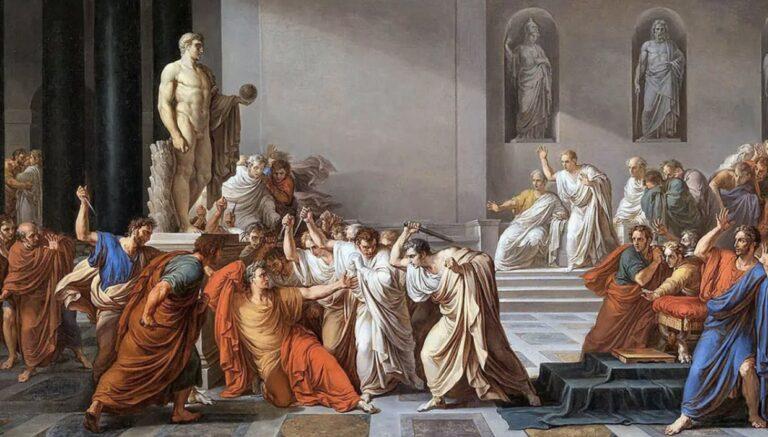The following is a memo from citizen Ken Dufty for Thursday’s Northampton County Planning Commission Meeting, covering Bill Parr, and Angelo Manuel’s proposal for 12 cottages and a single-family structure on A RB land.
Last night at the NC Planning Commission monthly meeting the PC held a public hearing on Bill Parr’s and Angelo Manuel’s (Virginia Beach developer) proposal to erect a 2-story residence (motel office perhaps) and 12 Tourist cottages on 40 acres of farmland that Manuel purchased apparently for this purpose last year. It is located off Seaside Road in the vicinity of Royal Farms before the Bay Bridge-Tunnel. The property is zoned Agriculture/Rural Business (A/RB) which has a density limit of one Dwelling Unit per 20 acres, which would allow 2 dwelling units on 40.
Last fall Kelly Parks, the acting Zoning Administrator, informed Manuel multiple times that the application could not be received by the Planning Department because it was inconsistent with the Comp Plan (which has as its core vision the protection, preservation, and promotion of agriculture) which consistency is a requirement by county rules and which consistency is often affirmed by the Supreme Court. Additionally, she informed the applicant that the proposed use was in violation of the density limit for agricultural districts.
But undaunted, according to Parks, Manuel submitted the Special Use Permit application when Susan McGhee was at the receiving desk and at a time and Parks was out. So a public hearing was scheduled and advertised in the Post even though, as Parks had pointed out, the application was far from complete.
This is a problem as, just months ago the Board of Supervisors passed legislation giving the PC ONLY 90 DAYS to give a recommendation to the BOS, and if they missed that deadline, it would be considered approval.
Note that we argued at the time that a developer could be rewarded that approval if he or she submitted an application that was incomplete and we asked to have the Planning Department instructed to have a checklist that must be completed before forwarding it to the PC and advertising it in the paper. Guess that fell on deaf ears….which is not really that shocking, is it?
So anyway, now the clock is ticking and there is so much information missing in the application, we informed the PC that they could NEVER meet the deadline….and this was perhaps by design.
Here is how Mr. Parr responded to the two major reasons this proposal was not legal and should have never made it this far. In response to Kelly Park’s Staff Report, which noted that the application violated the Comprehensive Plan (did not protect, preserve Agriculture), “Once the farmers in Northampton County realize that they can put 12 tourist cottages on their cropland and can’t be stopped because of the precedent, it will indeed be beneficial and help them hold onto the family farms and their ag ops because they will have another revenue stream that they do not currently have…Short-term rentals are not dwelling units and therefore cannot be considered in density requirements.”
In other words, what he is saying is that these “cottages” which will be about 30′ x 27′ and have full-sized kitchens, baths, living room, and 2 bedrooms and front porches, independent wells, and septic systems are not Dwelling Units and therefore can be put anywhere basically in any number because they are exempt from density requirements.
The Planning Commission table the application due to its being incomplete, and would provide the information needed to complete the proposal properly.
DWELLING UNIT: “A SINGLE COMPETE INDEPENDENT LIVING FACILITY FOR ONE OR MORE FAMILIES OR PERSONS PHYSICALLY SEPARATED FROM ANY OTHER DWELLING UNIT WHICH MAY BE IN THE SAME STRUCTURE. AN INDEPENDENT LIVING FACILITY INCLUDES PERMANENT PROVISION FOR LIVING, SLEEPING, EATING, COOKING, AND SANITATION AND MUST COMPLY WITH UNIFORM STATEWIDE BUILDING CODE REQUIREMENTS AND HEALTH DEPARTMENT REGULATIONS. THE PRESENCE OF A BATHROOM CONTAINING A SINK AND TOILET SHALL CONSTITUTE PERMANENT PROVISIONS FOR SANITATION. DWELLING UNITS ARE A UNIT OF MEASUREMENT USED AS ONE OF THE COMPONENTS TO CALCULATE DENSITY.
That is, of course, apparently unless you are Bill Parr who appears exempt from our county code and Comp Plan. Just another bite of the apple and another grab at the brass ring that would have Northampton County transformed into a surrogate Virginia Beach….in my humble opinion. – Ken Dufty




More well-written analysis!
Keep it coming!
The problem here is
Why does any government agency have any right telling the land owner what can and cannot be built on it . I see farms around here doing exactly what Mr Parr is doing . They build these units for migrant workers but they could also be used in the same manner.
It’s called the inherent police power of the state!
Been around for a long, long time now.
The Albemarle County Land Use Law Handbook
Kamptner/July 2015
Chapter 2
The Origins of the Zoning Power
2-100 Introduction
Zoning is the process of classifying land in a locality into districts and establishing in each district regulations
concerning building and structure location and design and the uses to which land, buildings and structures may be
put. Virginia Code § 15.2-2201.
Understanding the history of the zoning power allows one to appreciate the stated purposes and objectives of
zoning (see section 3-200), as well as the scope of the zoning power (chapter 4), expressed in the current law.
Unfortunately, zoning’s historical evolution from nuisance law also partially explains its shortcomings in addressing
all of the issues pertaining to modern land use and development (see section 2-300).
2-200 A brief history of zoning
In the years before zoning, land uses were regulated by not only actions seeking the common law remedy of
nuisance, but also through building and fire codes and established minimum standards for construction and access.
American Law of Zoning, §§ 1.13 and 1.16 (Patricia E. Salkin, 5th ed. 2011).
Even before challenges to zoning laws were making their way through the courts in the early 1900’s, the United
States Supreme Court recognized that the police power could control how property was used: “[A]ll property in this
country is held under the implied obligation that the owner’s use of it shall not be injurious to the community.”
Mugler v. Kansas, 123 U.S. 623, 665, 8 S. Ct. 273, 299 (1887) (holding that the state could claim that a brewery
constituted a nuisance).
This principle was adopted by the Virginia Supreme Court in 1926, when it said that the “legislature may, in the exercise of the police power, restrict personal and property rights in the interest of public health, public safety, and for the promotion of the general welfare.” Gorieb v. Fox, 145 Va. 554, 560, 134 S.E. 914, 916 (1926), affirmed 274 U.S. 603, 47 S. Ct. 675 (1927) (zoning ordinance).
Thus, the power of a locality to regulate the use of land through zoning and other regulations arises from the locality’s police power, which is a residual power, intrinsic in the sovereign, to protect the public health, safety and welfare.
A very well written article. A few additional points:
1)Per staff report Mr. Manuel apparently spoke with zoning administrator David Dameron before purchasing the property at which time he was told his proposed use was not allowed. After Mr. Dameron retired he then attempted to submit the incomplete application to Ms. Parks on numerous occasions with the same outcome. Mr. Manuel chose to purchase the property and still try to force through his agenda.
2)There is a petition in opposition circulating which I’m told now has over 600 signatures of bona fide local Northampton County residents.
3)As I understand it Mr. Manuel’s application proposes to cross over the property of a neighboring property owner without her permission. The lady happens to be one of the people circulating the petition. It’s probably safe to assume she is opposed.
4)Mr. Manuel still has not received health department approval which per the staff report is a critical element of the application.
5)The property is surrounded by active farmland including a potato grader shed on one side. Heavy equipment, pesticides, and a little village full of tourists side by side. Talk about a safety hazard!
6)The issue here isn’t Mr. Manuel’s proposal it’s the location. The parcel he chose to purchase is in an agricultural area and his proposed use is not consistent with the use of surrounding properties nor does it maintain the rural character of the Shore which is the whole purpose of the agricultural zoning district.
If Mr. Manuel wanted to create a mini-hotel/condo project there are several commercial properties available on the lower eastern shore to choose from near existing towns which would be better suited to his proposed use. Why instead purchase farmland and ask for a special use permit rather than just buying a property where he can already do what he wants by right?
Perhaps Mr. Manuel should carry his application, along with his Broker Bill Parr, back across the bay and leave our Eastern Shore alone.